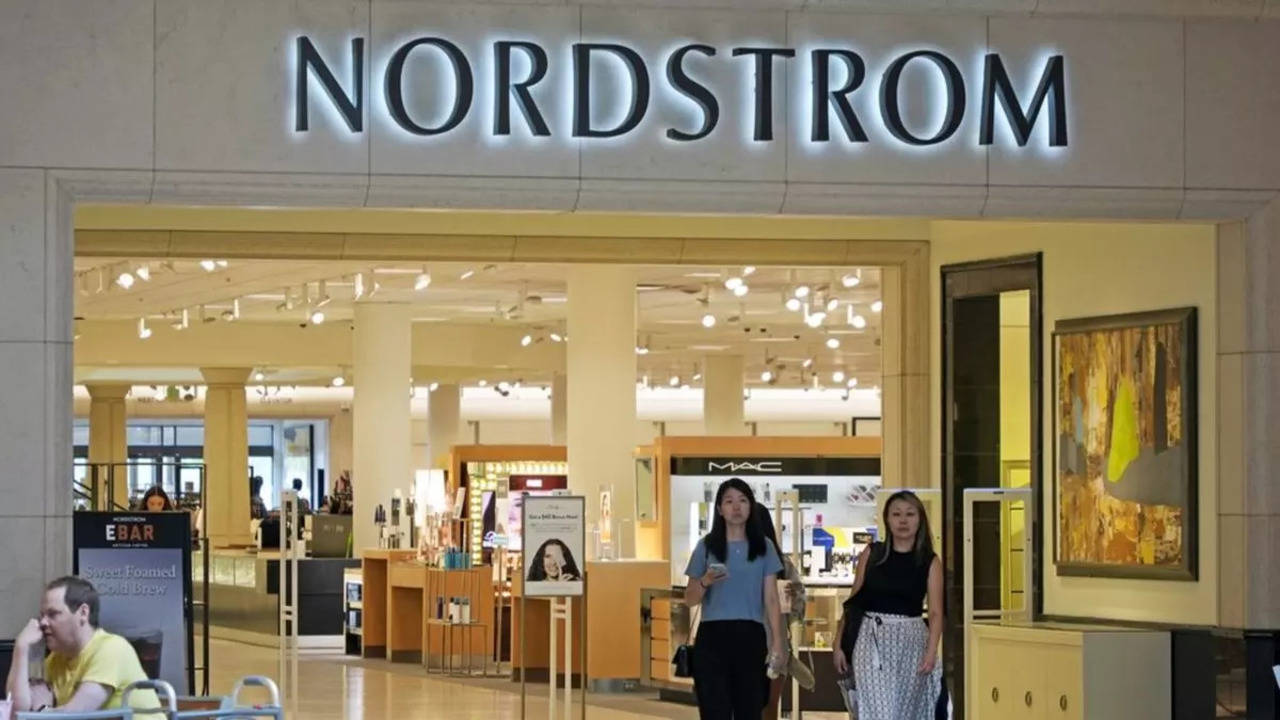What started as a shoe store in 1901 has evolved into a fashion destination: Nordstrom. Founded by John W. Nordstrom and his friend Carl F Wallin in downtown Seattle, the store grew under the leadership of John's three sons, eventually becoming the largest independent shoe chain in the US.
The second generation expanded into clothing, passing the business down to their sons. In 1971, the third generation took the company public and launched Nordstrom Rack, a clearance outlet, in 1973. The fourth generation further transformed the brand by moving it online.
Today, Nordstrom generates $13.1 billion in sales, Forbes reported. Now, Nordstrom has agreed to be acquired and taken private by Nordstrom family members and a Mexican retail group in a $6.
25 billion deal with the industry being squeezed by discount chains and other competition. Public companies face much more scrutiny, and if Nordstrom were private, it might have more flexibility in reviving a department store chain that has been working for years to boost its sales. According to the Associated Press, Nordstrom shareholders will receive $24.
25 in cash for each share of Nordstrom common stock, or about $4 billion in all, representing a 42% premium on the company's stock as of March 18, when reports of a potential transaction was reported by the media. The acquiring group will also assume over $2 billion in Nordstrom's debt. Traditional department stores have faced intense competition from giants like Walmart, Target, and A.
















:upscale()/2025/01/08/840/n/1922794/tmp_CS3Hyk_d03e1c4a00fa6d47_Basic_Collage-3-Main_-_1456x970_35_.jpeg)

